Resource Center
The Transit Workforce Center is pleased to host a curated collection of publications and other materials to assist stakeholders engaged in transit workforce development. The Resource Center includes case studies, training materials, research reports, and other materials of interest, including publications produced by federal government agencies, transit organizations, and independent research entities. Resources may be filtered by topic, resource type, and transit mode. This TWC blog post explains how to use the Resource Center.
We are continuing to update the Resource Center regularly. Please contact us via the Request Help menu option if you would like assistance using the Resource Center or are looking for resources on a particular topic. We also welcome suggestions of topics or specific resources to add.
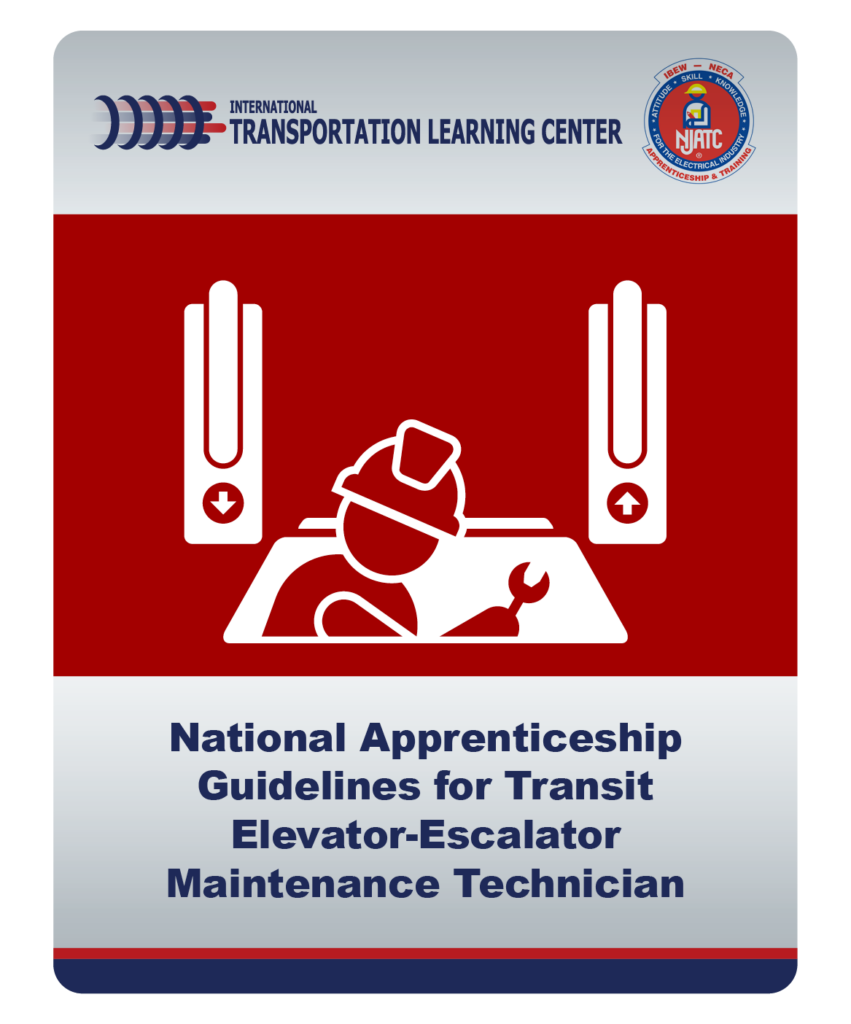
National Apprenticeship Guidelines for Transit Elevator-Escalator Maintenance Technician
The purpose of these National Guidelines for Apprenticeship Standards (National Guideline Standards) is to provide policy and guidance to local Sponsors in developing these Standards for Apprenticeship for local approval and registration. These National Guideline Standards developed by the Sponsor are certified by the U. S. Department of Labor, Office of Apprenticeship as substantially conforming to the requirements of Title 29, CFR parts 29 and 30. State Apprenticeship Agencies recognized by the Office of Apprenticeship to register local programs, and/or local laws and regulations, may impose additional requirements that must be addressed in the local apprenticeship standards.
International Transportation Learning Center & National Joint Apprenticeship and Training Committee (NJATC)
January 2014
TOPICS: Apprenticeship, Policy and Planning, Training
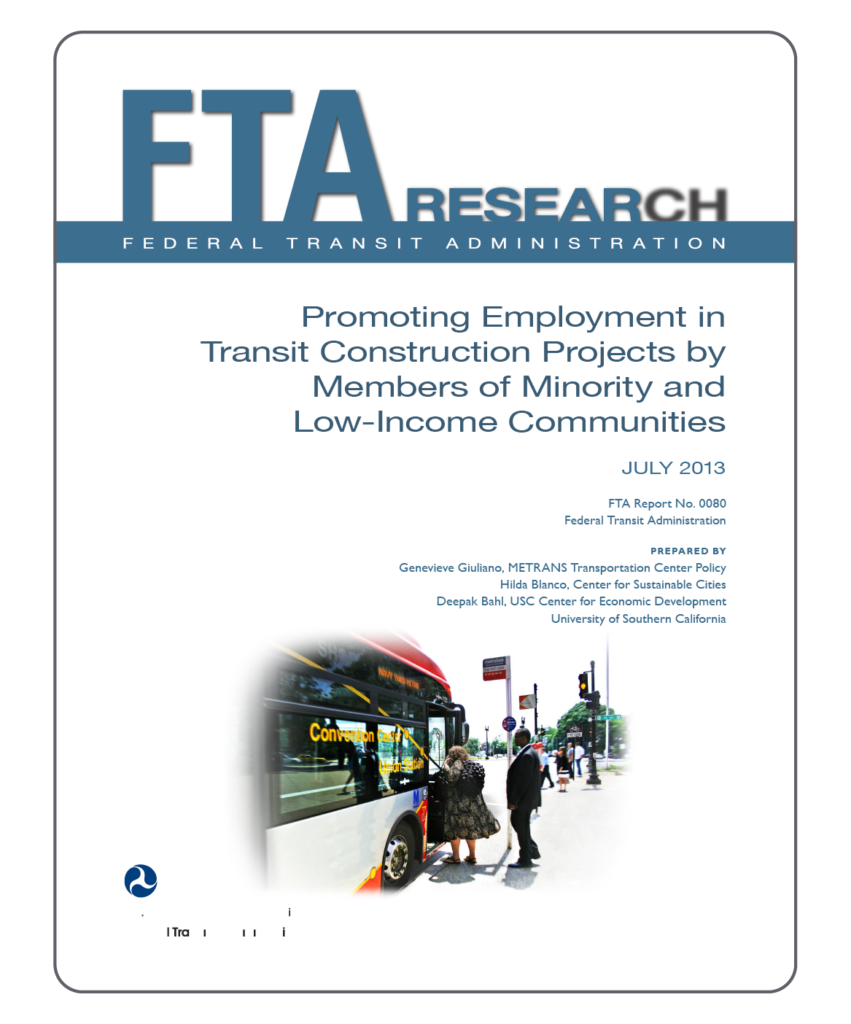
Promoting Employment in Transit Construction Projects by Members of Minority and Low Income Communities
This report summarizes research investigating the participation of members of low-income and minority populations in employment generated by transit projects and identifies practices to increase their participation. It features four in-depth case studies of light rail projects.
Federal Transit Administration
July 2013
TOPICS: Apprenticeship, Career Pathways, Diversity, Equity, Inclusion, and Access, Hiring and Recruitment, Policy and Planning, Training
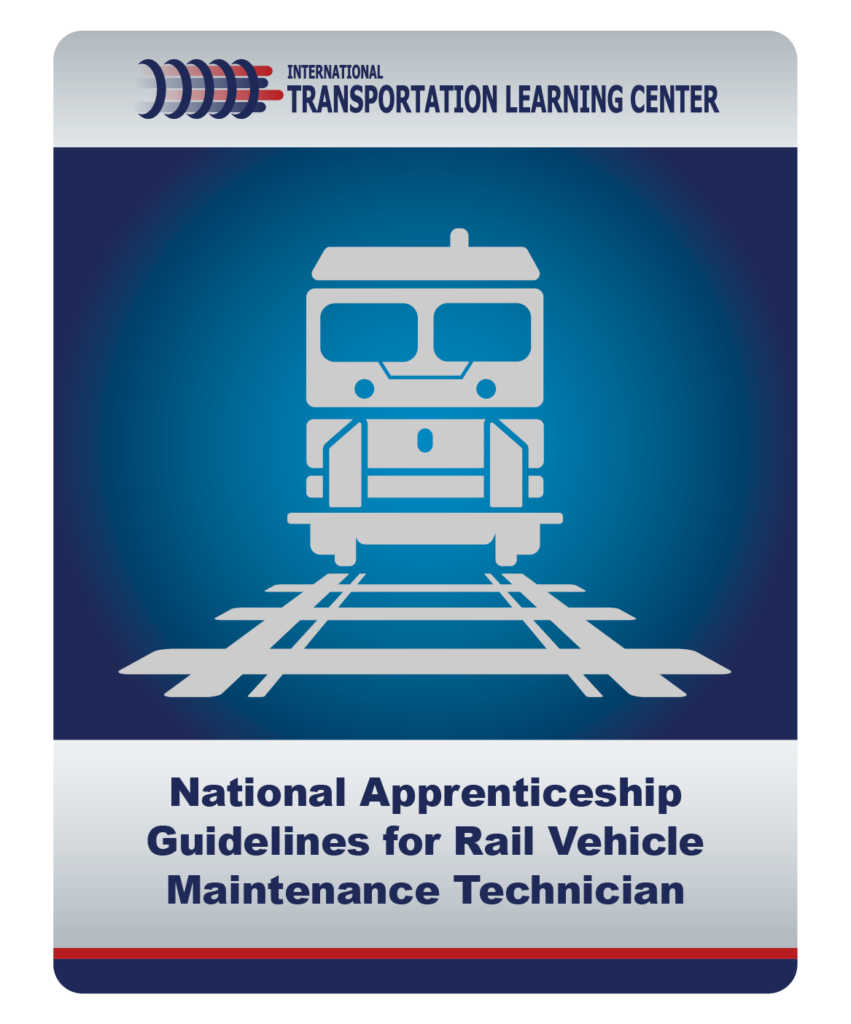
National Apprenticeship Guidelines for Rail Vehicle Maintenance Technicians
The purpose of these National Guidelines for Apprenticeship Standards (National Guideline Standards) is to provide policy and guidance to local Sponsors in developing Standards for Apprenticeship for local approval and registration.
International Transportation Learning Center; National Rail Car Training Committee
June 2013
TOPICS: Apprenticeship, Training
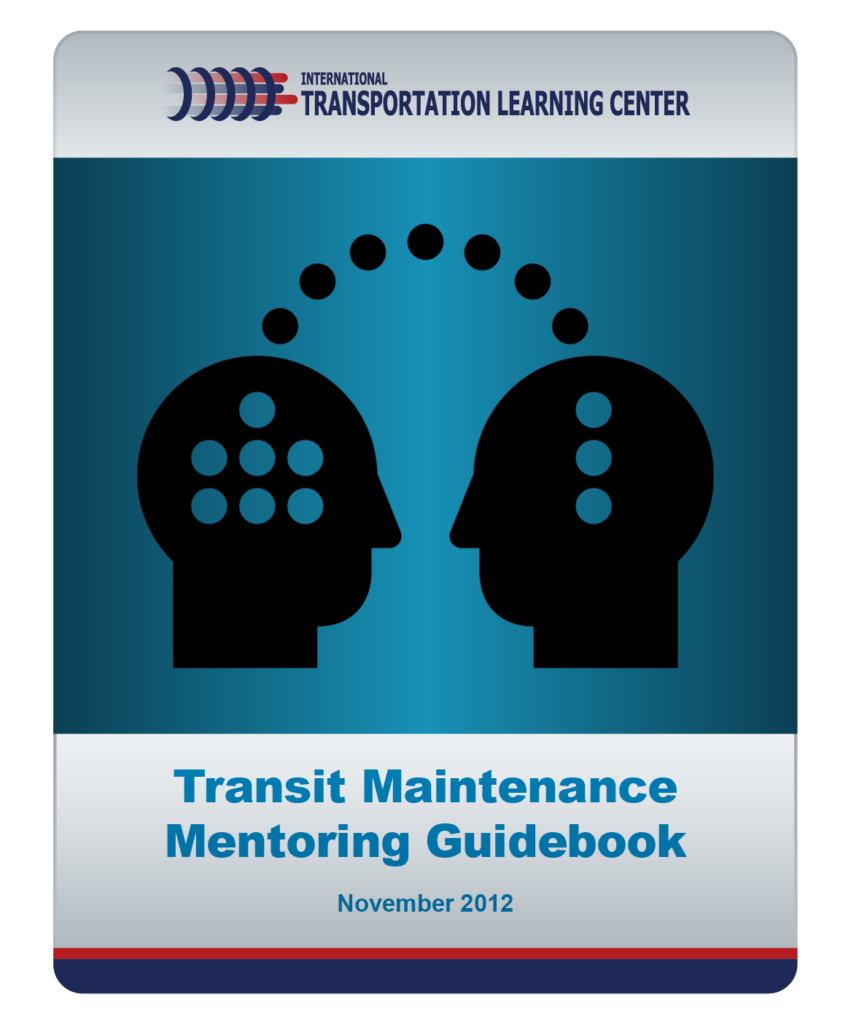
Transit Maintenance Mentoring Guidebook
The purpose of this report is to serve as a guidebook, offering information that transit agencies can use to establish mentoring as a training method with guidance, suggestions, and examples to implement or expand upon existing mentoring programs. It is based on a generic mentoring guidebook developed by the USDOT, modified and enhanced to reflect transit maintenance applications.
International Transportation Learning Center
November 2012
TOPICS: Apprenticeship, Diversity, Equity, Inclusion, and Access, Mentorship, Trainer and Mentor Development
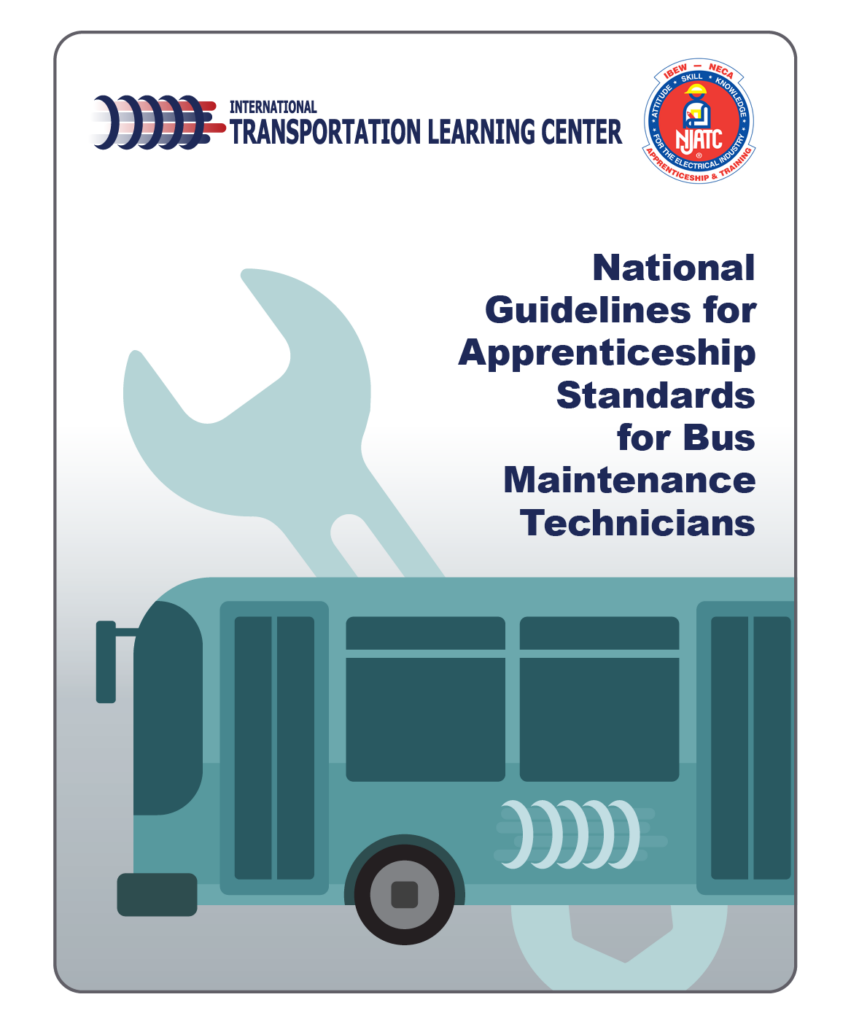
National Guidelines for Apprenticeship Standards for Bus Maintenance Technicians
These are the national guidelines for apprenticeship standards for bus maintenance technicians, developed in 2010 by the Intl. Transportation Learning Center and National Joint Apprenticeship and Training Committee (NJATC) in cooperation with the U.S. Department of Labor, Office of Apprenticeship.
International Transportation Learning Center & National Joint Apprenticeship and Training Committee (NJATC)
August 2010
LEARN MORE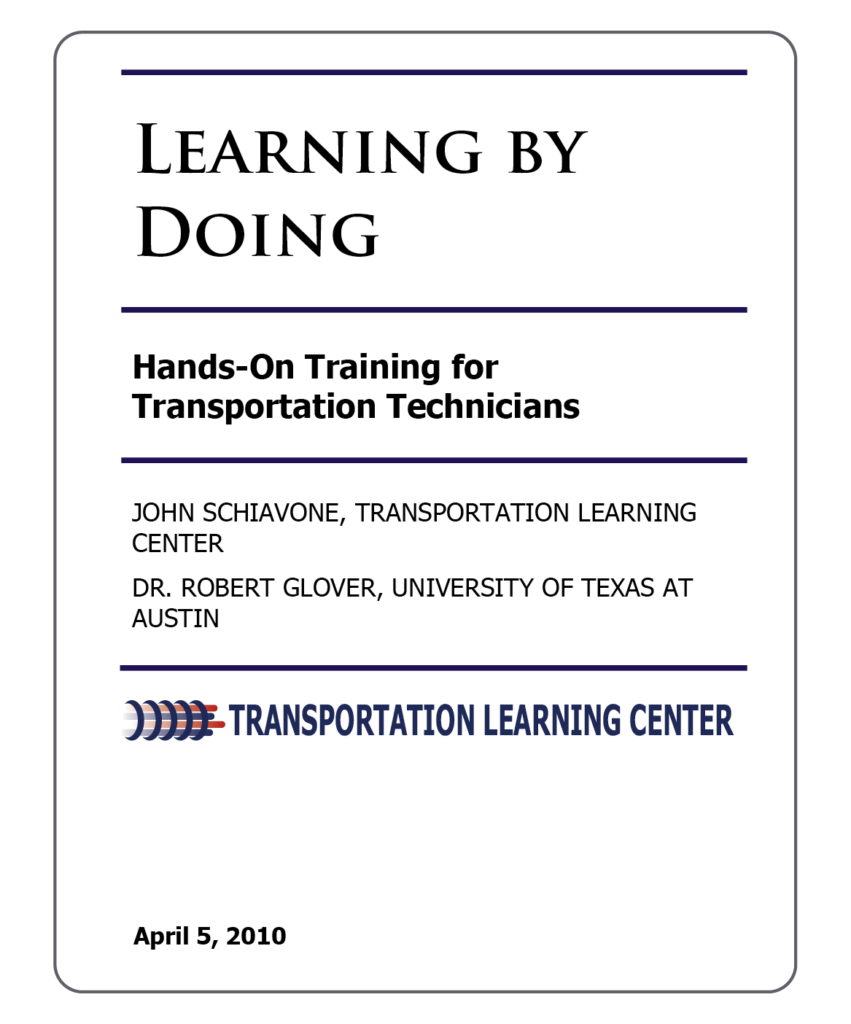
Learning by Doing: Hands-On Training for Transportation Technicians
Today, formal training is absolutely essential to produce technicians capable of providing safe, efficient and cost-effective transport services. The consequences of jeopardizing passenger and public safety are just too great to turn inexperienced workers loose on advanced transit vehicles without proper training, hoping they will learn “as they go.” The question becomes how best to construct an effective training program.
This paper, from the International Transportation Learning Center, examines the subject of technical training and advocates “learning by doing” as an essential element to acquiring needed technical knowledge and skills. It stands to reason that someone attracted to becoming a technician is interested in working with their hands. Training, therefore, should make use of that natural inclination and engage students in hands-on activities throughout the entire learning process.
International Transportation Learning Center
April 2010
TOPICS: Apprenticeship, Training
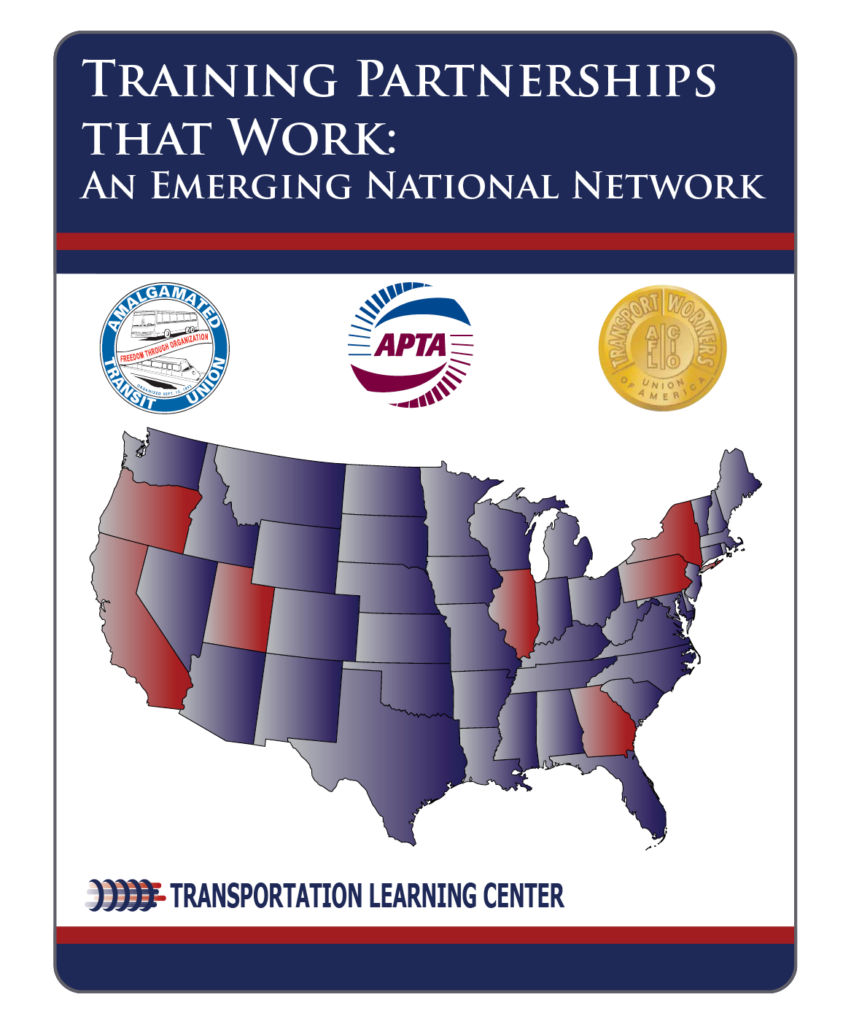
Training Partnerships That Work: An Emerging National Network
Training Partnerships That Work provides vivid summaries of successful labor-management training partnerships at sites across the country. The cases included here represent a diverse set of transit systems and unique training partnerships. Most importantly, they illustrate how labor and management can work together successfully on issues of training, and provide valuable lessons for other industries facing the problem of retiring baby boomers and inadequate capacity to train replacement workers.
International Transportation Learning Center
February 2010
LEARN MORE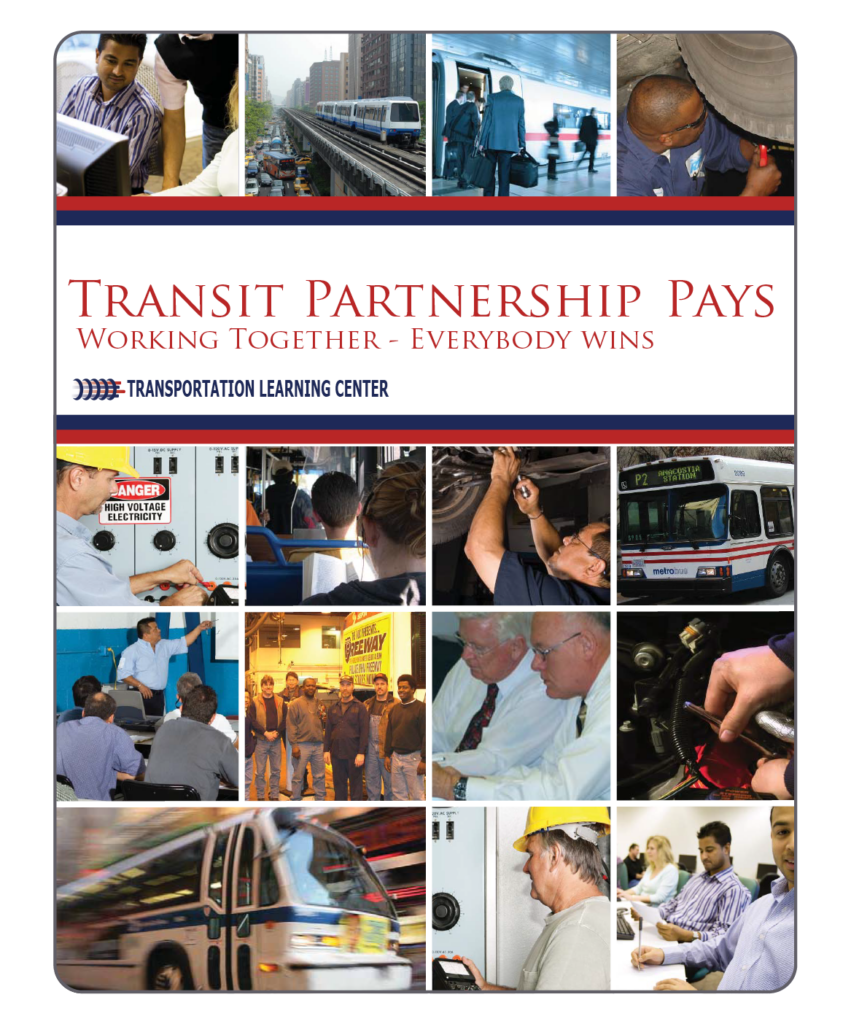
Transit Partnership Pays: Working Together – Everybody Wins
This report highlights the evidence that the most successful, cost efficient and durable training systems come from industry based labor-management partnerships.





 CLEAR
CLEAR

